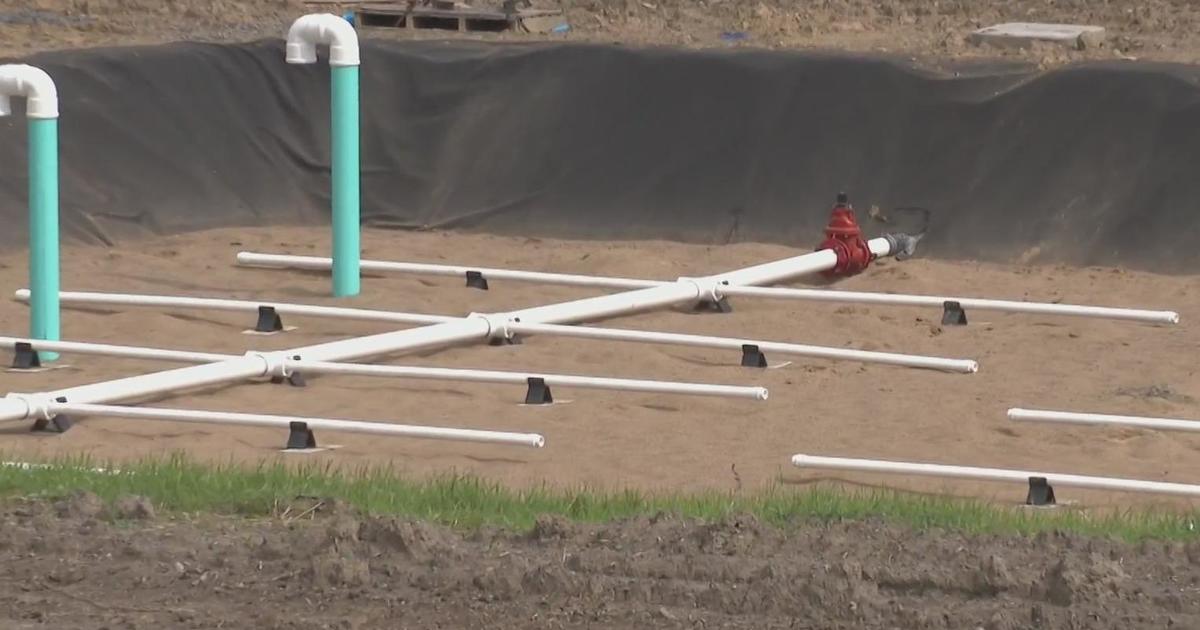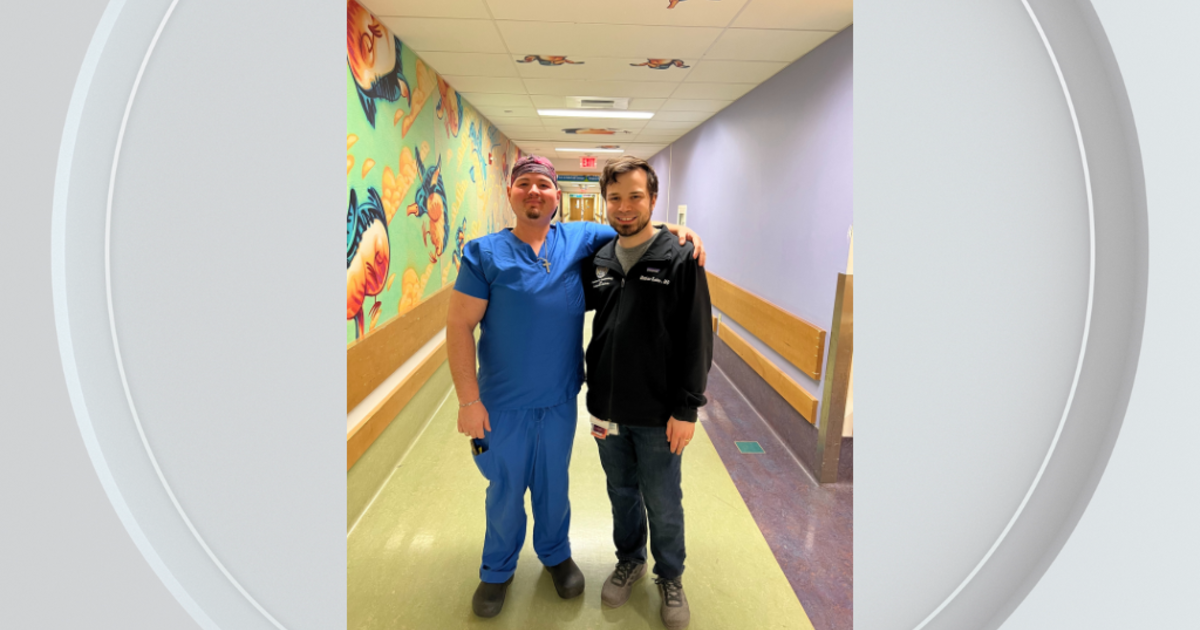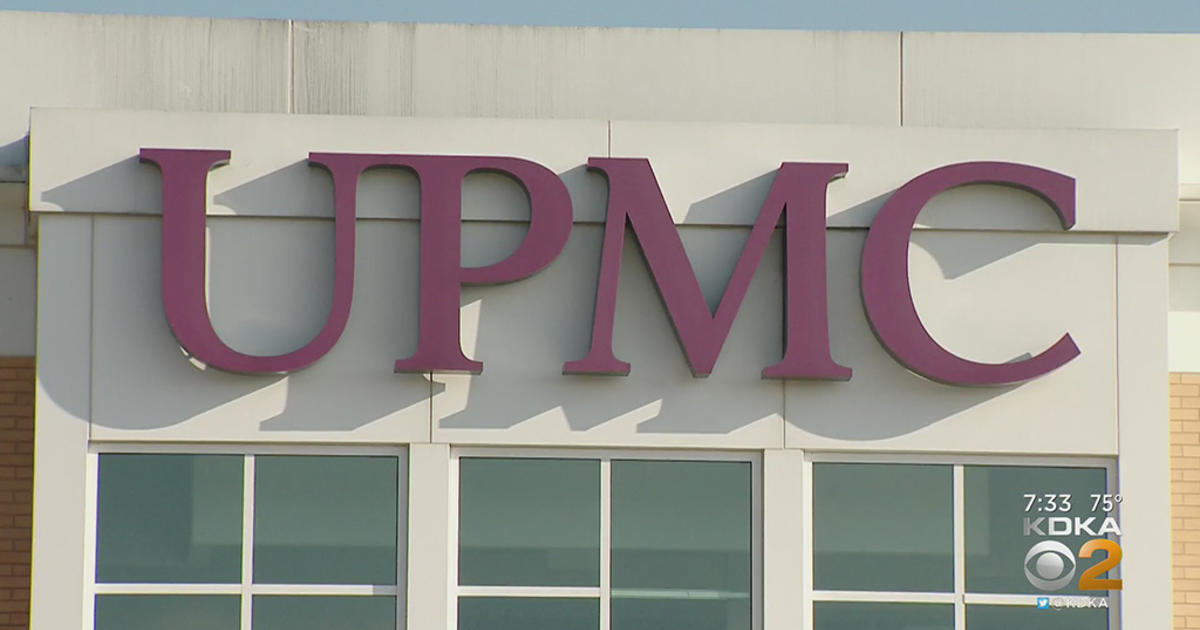UPMC: Monoclonal Antibody Treatment Reduces Risk Of Hospitalizations, Deaths In COVID-19 Patients By 70%
PITTSBURGH (KDKA) -- Sharae Hopkins had a stuffy nose and a little cough.
"I kept telling everyone it's not COVID, it's my sinuses," Hopkins said.
But her symptoms persisted.
"My cough got worse. The pain in my muscles and my joints, it put me down. I couldn't get up," Hopkins said.
She had COVID. But after getting her results, she was nervous. She didn't know what to do, so she called a 24-hour doctor line.
"She mentioned the antibody treatment. The way that I was feeling, I was willing to try anything," Hopkins said.
Hopkins was one of a thousand people at UPMC treated with monoclonal antibodies. These are copies of antibodies, or immune system proteins, that seek out the virus. They work best within the first four days of illness.
Anyone who tests positive should ask about it immediately. Patients or their doctors can call 866-804-5251 from 7 a.m. to 8 p.m. any day of the week for screening and referral to an infusion center.
One in three people would qualify.
"If you qualify for this treatment, our data shows that it cuts the risk of hospitalization or death in our patients by 70%," says Dr. Erin McCreary, UPMC infectious diseases pharmacist and clinical assistant professor in the University of Pittsburgh Division of Infectious Diseases.
Monoclonal antibodies are available under emergency use authorization. Because of that, there are strict criteria for who is eligible: People over 65, people 55 and up with certain medical conditions, and adolescents with certain medical conditions.
"Because I carry weight, along with I'm a diabetic, I'm insulin-dependent," Hopkins said. "With all the factors, they felt I would be a good candidate for the treatment."
UPMC offers the treatment at multiple locations, including emergency departments. It takes an hour to get the IV and an hour and a half afterward to monitor for side effects.
"Like a little warming sensation in the very beginning, and then after that, it kind of just felt like I was getting a normal saline IV," Hopkins said.
"Don't let cost be a barrier to you. The medication is free," said Dr. Donald Yealy, UPMC senior medical director and chair of the Department of Emergency Medicine at UPMC and the University of Pittsburgh.



